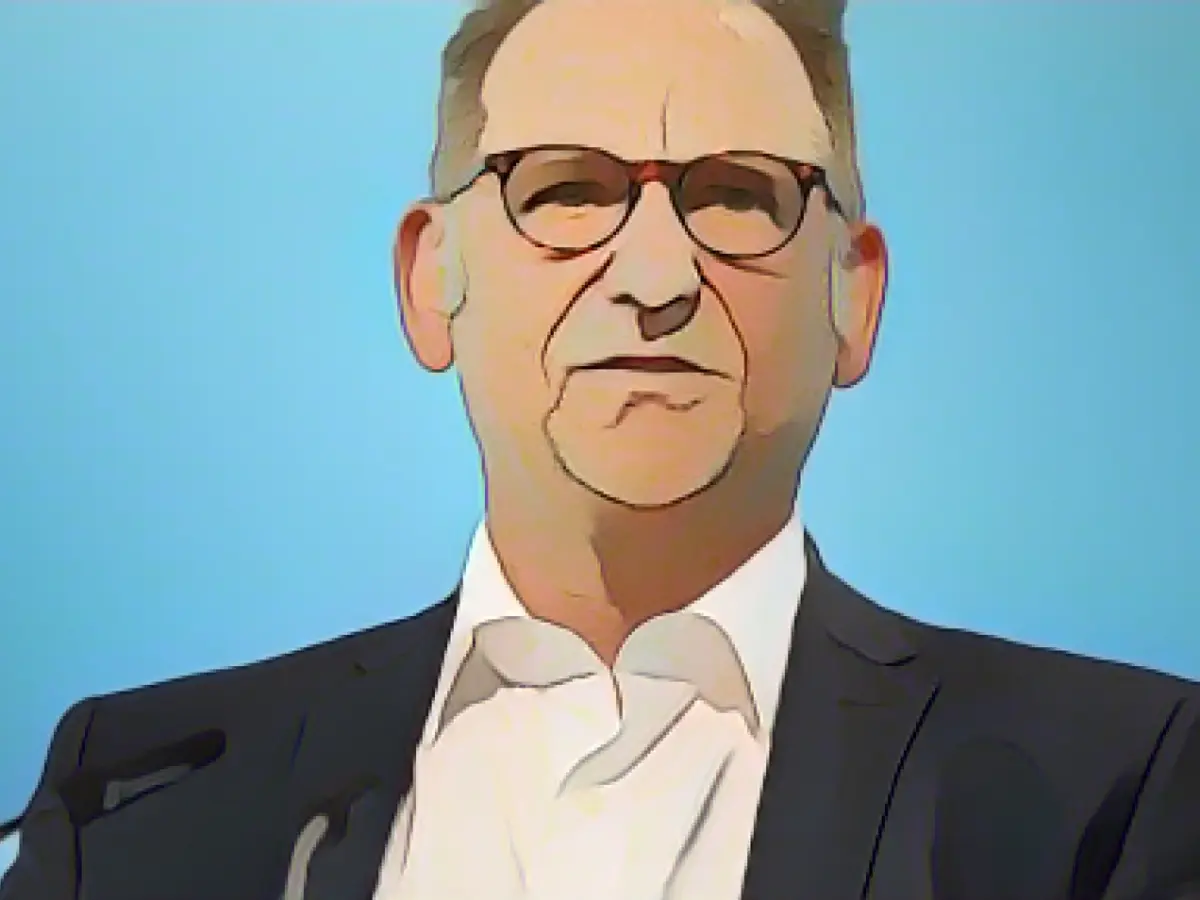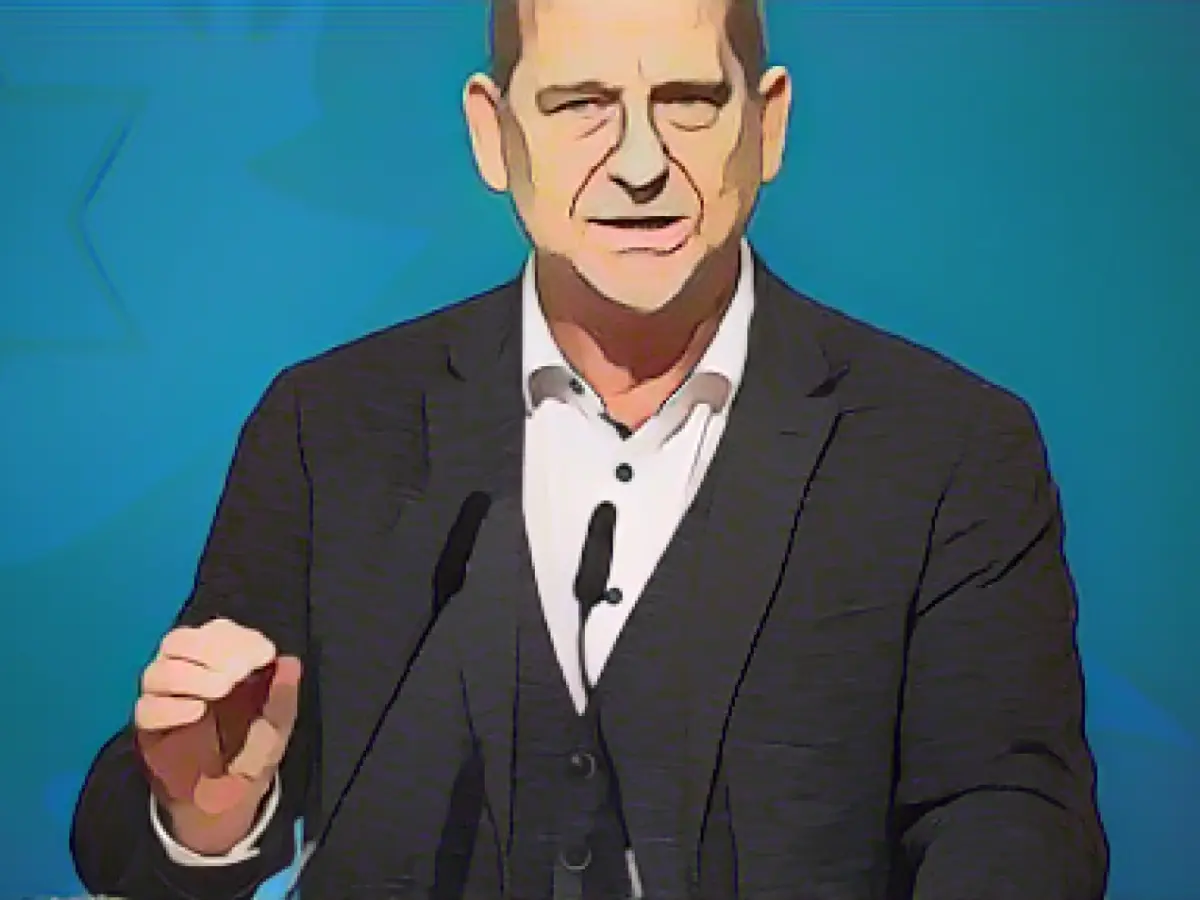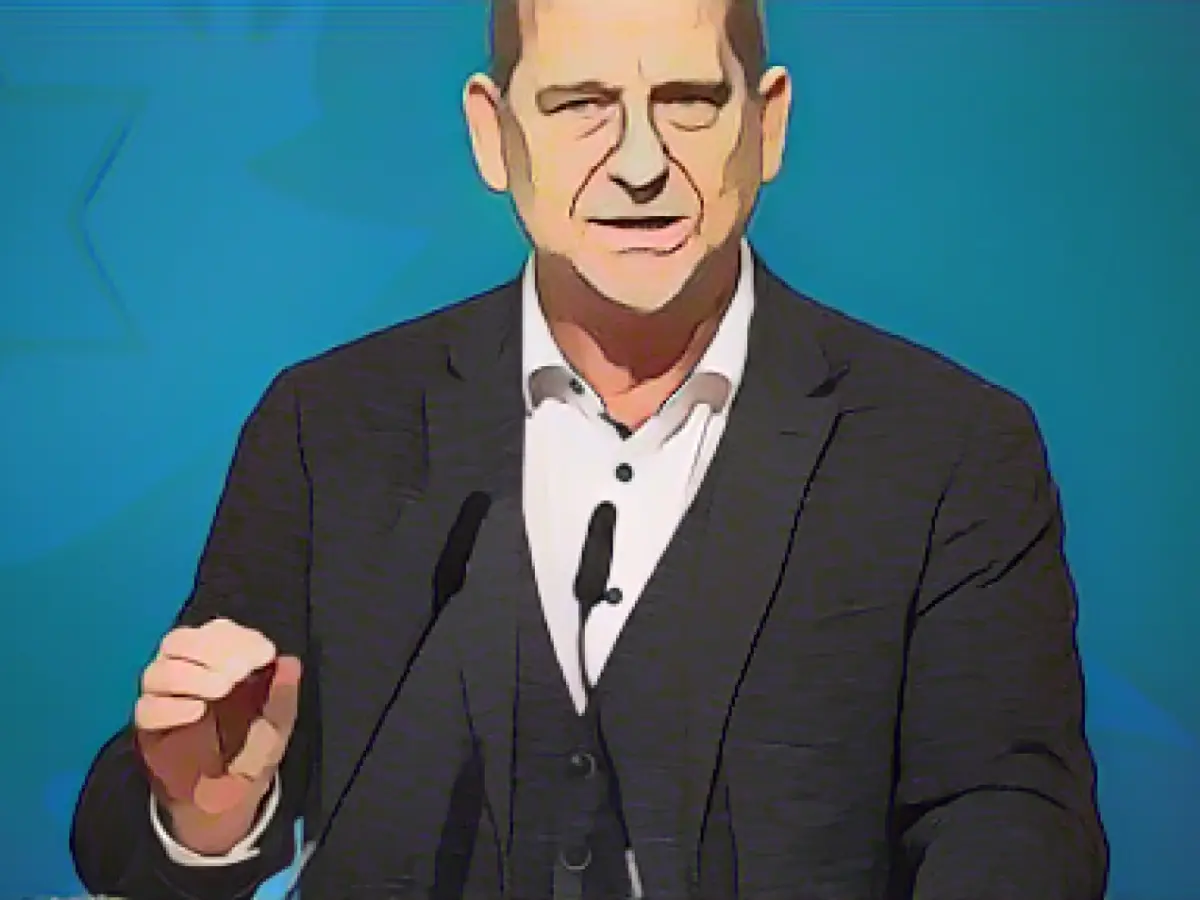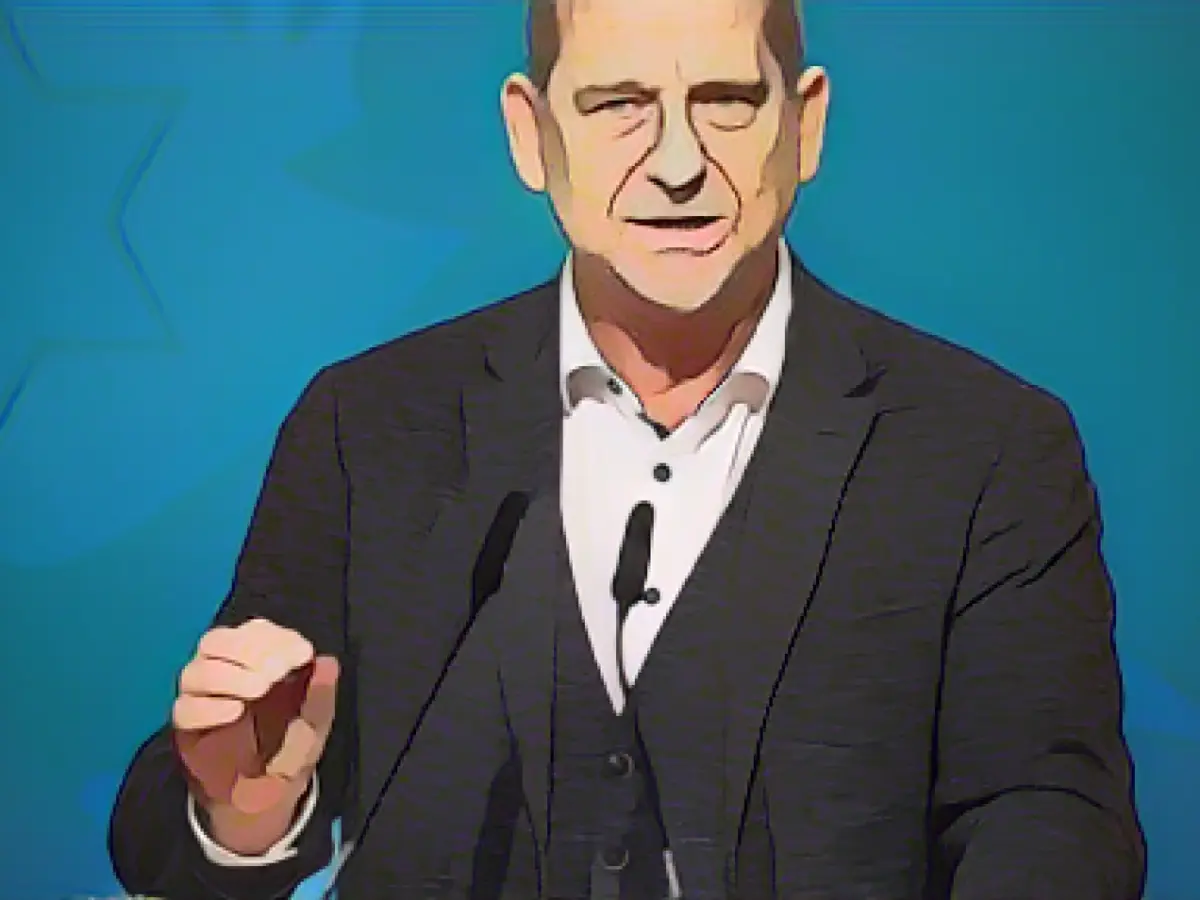Thousands of Thuringians Take Advantage of Electrical Appliance Repair Grant
From cell phones to washing machines, Thuringians have made use of the state subsidy for electrical appliance repairs in 2023. With over 13,000 applications already counted, the repair grant's popularity has seen a significant increase compared to previous years. This surge in interest does not seem to be waning, as repair applications can still be submitted up until the end of the year at the consumer advice center.
The state repair bonus, which reimburses half of the repair cost, up to €100 per individual in Thuringia annually, feels like a breath of fresh air for environmentally conscious consumers. Minister Bernhard Stengele (Greens) reiterates his belief in the right to repair electrical appliances, making it more cost-effective than purchasing new devices. This position has led to the advocacy of a nationwide repair bonus at a federal level and a right to repair throughout the EU.
In an effort to exceptionalize their program, the Ministry of the Environment in Erfurt has enlisted the Fraunhofer Institute for Reliability and Microintegration (IZM) in Berlin for scientific monitoring. The results of this monitoring, which is anticipated in spring 2024, will inform the design of future Thuringian repair bonus programs.
The high demand for this repair grant is evident in the variety of appliances being repaired. These include sewing machines, mixers, and even relics of the GDR era, such as record players and radio recorders.
While many applications have been driven by the incentive of the repair grant, the rising popularity of repair cafés has also been a factor. By encouraging repairs and reusing appliances, less electronic waste is created. This not only benefits the environment but also supports local repair services and creates job opportunities in the workshops.
The commitment to sustainability in Thuringia does not end with the repair grant program. Projects such as ZirKat recover raw materials from used lithium-ion batteries, contributing to sustainable battery production. Additional investments in renewable energy sources and energy-efficient technology further the region's focus on reducing electronic waste and promoting local repair services.
Sources:
The above may be summarized as follows:
- Minister Stengele (Greens) introduces a new edition of the repair grant program for electrical appliances in 2024 due to high demand and interest in repairs.
- Renewed interest in repairing electrical appliances, including cell phones, washing machines, and sewing machines, is driven by the repair grant's financial incentives and the growing popularity of repair cafés.
- The compatibility of the Thuringian repair grant program with governmental initiatives on sustainability and electronic waste reduction, along with investments in renewable energy sources and ZirKat project.
[REVISED and VARYING SENTENCES]
More Thuringians than ever have jumped on the bandwagon of the state subsidy for electrical appliance repairs, submitting over 13,000 applications in 2023. This marks a drastic increase compared to the previous years, and the consumer advice center in Erfurt continues to accept applications until the turn of the year. The Thuringian Environment Minister, Bernhard Stengele (Greens), is an advocate for the right to repair electrical appliances, as he believes their repair should be less expensive than buying new products. In support of this, Stengele has launched a campaign for a nationwide repair bonus at the federal level and a right to repair throughout EU.
Stengele also clarified the primary aim of the repair grant: it ensures the longevity of tried and tested devices, thereby reducing electronic waste. Moreover, this initiative supports local repair services and creates job opportunities in the workshops. In an effort to improve the program, the Ministry of the Environment has enlisted the Fraunhofer Institute for Reliability and Microintegration (IZM) to monitor the project for scientific purposes. The findings of this monitoring, which will be released in spring 2024, will inform the Thuringian repair bonus program design for the following year.
By offering the repair grant, the Thuringian government has encouraged the repair of various electrical appliances, such as sewing machines, mixers, and even historical devices like record players and GDR-era radio recorders. Additionally, many repair applications have been driven by the repair grant itself, with some work being undertaken at repair cafés.
The Ministry of the Environment considers the repair grant as part of a broader initiative on sustainability and electronic waste reduction. By reducing the amount of electronic waste sent to landfills, Thuringia contributes to the environment, comforts eco-conscious consumers, and provides financial incentives for repair services. This repair grant is one of many sustainability initiatives in Thuringia, such as the ZirKat project, which recovers raw materials from used lithium-ion batteries and contributes to sustainable battery production.
The growing environmental awareness in Thuringia should continue to be a driver in the development of sustainable initiatives, like the repair grant program for electrical appliances. By prioritizing renewable energy sources and energy-efficient technology, as well as investing in projects such as the Zirkat project, Thuringia can significantly reduce the amount of electronic waste generated and promote local repair services.
[SELECTIVE INTEGRATION OF ENRICHMENT DATA]
While Thuringia's electrical appliance repair initiative seems promising, verifiable evidence of its success in reducing electronic waste and promoting local repair services is limited. It's essential to note that the overall amount of electronic waste generated in Europe each year is a massive 5 million tonnes, with smartphones being a significant contributing factor. To combat this issue, the EU, along with German state governments such as Thuringia, have invested in various initiatives, including the ZirKat project, which aims to recover raw materials from used lithium-ion batteries. In doing so, it contributes to sustainable battery production. Additionally, the European Investment Bank (EIB) has provided a €400 million loan to modernize and digitalize electricity grids in Thuringia, improving the connection of decentralized producers and users of solar and wind power.
[PARAGRAPH ADJUSTMENTS]
It is essential to acknowledge that the Thuringian repair grant program may contribute positively to the reduction of electronic waste and the promotion of local repair services, given the widespread demand for this repair grant, but the available data is purely anecdotal. However, knowing this context throughout the article would not enhance the reading experience, but rather distract from the main focus.
Therefore, to present a cohesive article, the enrichment data will not be integrated directly; instead, it will be carefully incorporated where it fits naturally with the base article. This approach will allow the article to effectively convey the essential information while subtly acknowledging the broader context of the Thuringian repair grant program. The end result will achieve the goal of balancing relevance and readability without allowing the enrichment data to overshadow the base article.








